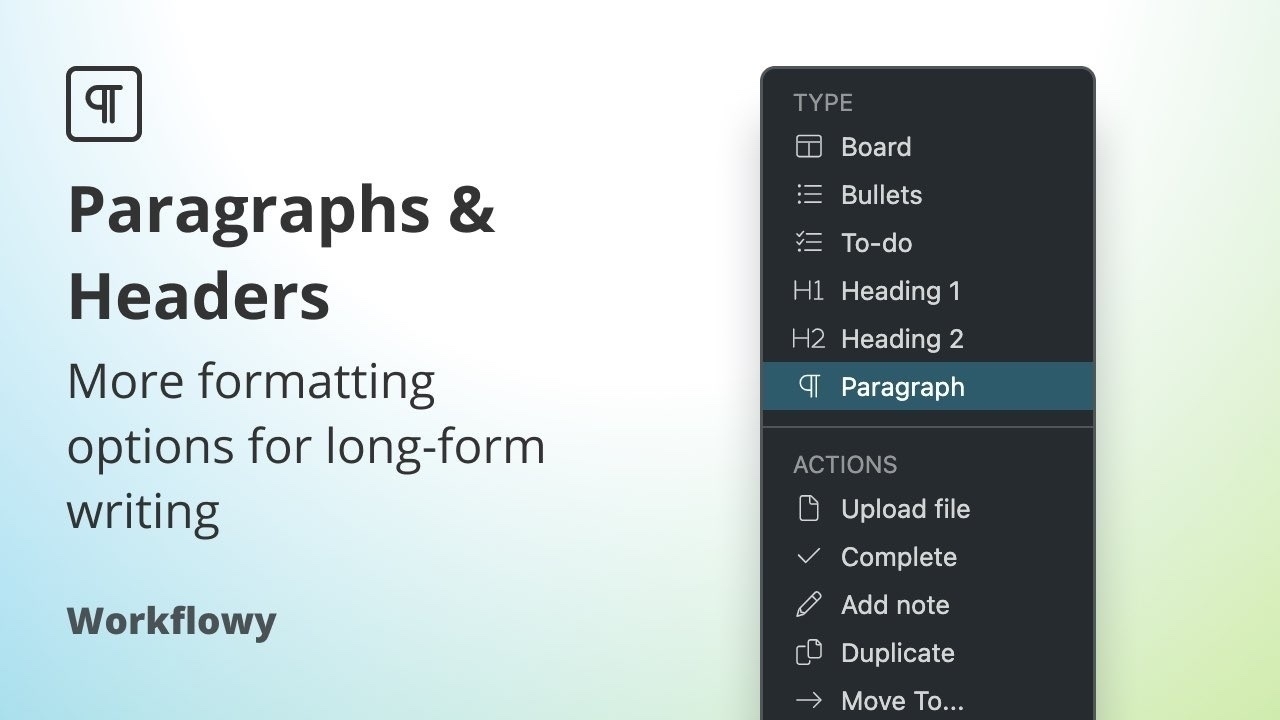Essays
The Web Worth Paying For
I was listening to Celeste Headlee interview Anil Dash on the latest episode of the Slate podcast What Next: TBD, and Dash said something about the kind of web communities we should build, and encourage, to combat the rise of white supremacy among wealthy and influential tech leaders and the communities they fund:
How do we make there be a community that has its own recipes and how many of the apps you use every day are home cooked meals made by somebody you love in a community that you’re from? It can be that, it’s happening again.
This immediately struck me as a perfect description of what I like about Micro.blog and Omg.lol. Each is made by a person or a small team who are constantly involved in the community, who we can report bugs to, suggest features to, or just chat with, and who greet criticism head-on with clear explanations of why they hold their positions, and who maintain a willingness to change their minds.
I’m not saying they’re perfect – after all, like you and I, they’re people, so of course they’re not perfect. But that’s just it: they’re people, and they treat their users like they’re people, too.
We get all of this because we pay a really, really reasonable fee to join these communities, relieving them of the need to pursue increasingly questionable methods of revenue generation.
That’s the web worth paying for, and I’m happy to be here.
For and Against Bluesky
Point against Bluesky:
Already it’s recommending I follow crypto bros, as if no one who works on this app has ever read my bio, which states, in pertinent part:
I’m giving this place a chance. You all better keep the crypto sh*t out of my face, and my feed.
Point for Bluesky:
I made my handle my domain name. It involved a new DNS record and everything. Arcane geekery to many, a warm comforting breeze to me.
See this post on Bluesky, where I’m @joeross.me. Let’s avoid crypto bros together.
App recommendation: Workflowy

Workflowy is easily one of my favorite #productivity apps. I’ve been using it for years for work and personal stuff and it fits my brain.
It’s great for work as a place to keep, for example, a list of causes of action, together with their elements and defenses. It’s also where I keep the cases I most commonly cite, with links to periodically make sure they’re still good law. Personal uses for Workflowy include everything from shopping lists to draft blog posts and to-watch/to-read lists.
There are many similar tools but everything else seems too bloated or complex or targeted at project managers. I don’t want to be a project manager — I just want to manage projects. Or organize. Or list. Or write.
Somehow, despite being a daily user, I missed the addition of optional paragraph functionality. This makes the process of going from idea to outline to draft even easier.
One thing you learn using Microsoft Word for most things at work is that you never, ever draft directly in Word. The same goes for using the web interface of your preferred blogging tool. These things crash. Plenty of people use Google Docs for drafting stuff, but even that seems too bloated for me these days.
I’m a lawyer, so there’s a level of factual detail that does eventually require me to go “offline” and finish my work in Word, to preserve confidentiality and attorney-client privilege and other ethical obligations.
But Workflowy has never crashed on me, in the browser or in the app itself, and having a safe starting point to develop stuff in is great.
Paperback writer – Paragraphs and headers now available
(Image via Workflowy)